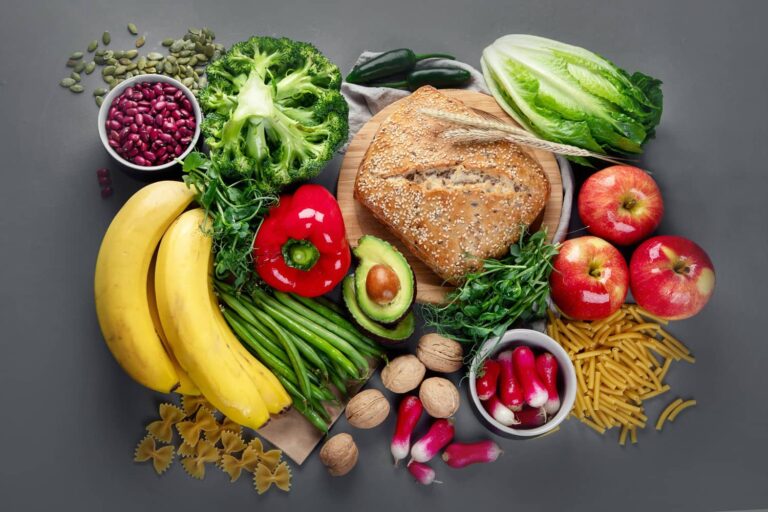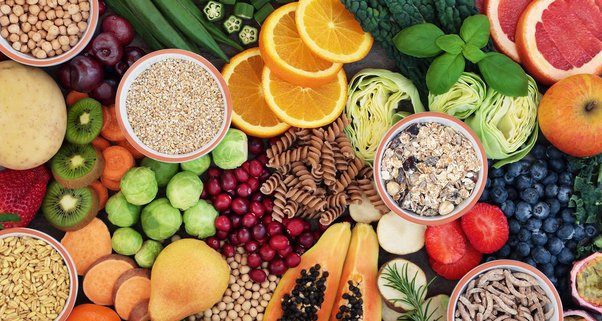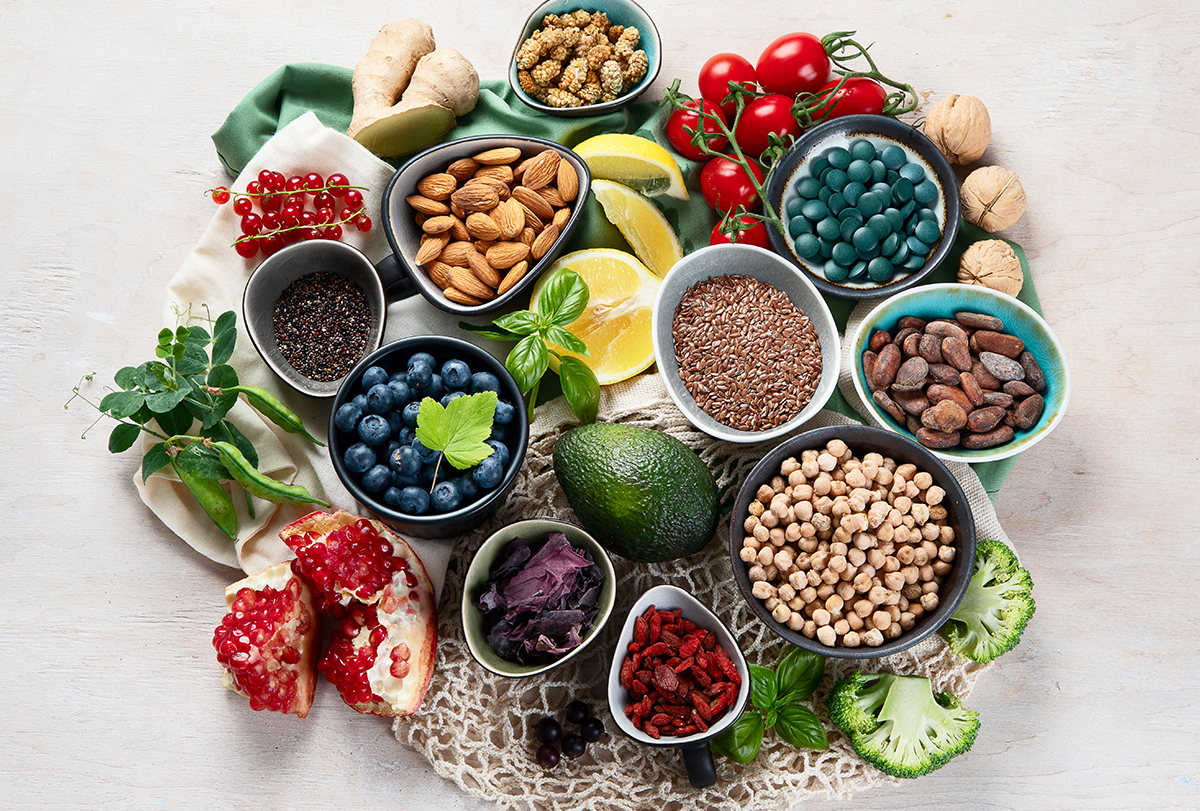Hello!
 A balanced diet is important for all individuals, but did you know that a balanced diet consists of metals? It may sound strange, but dietary metals are integral to several bodily functions, with some metals significantly improving health and wellbeing. This is because certain metals activate enzymes that facilitate the performance of various bodily functions; however, finding the correct balance is vital.
A balanced diet is important for all individuals, but did you know that a balanced diet consists of metals? It may sound strange, but dietary metals are integral to several bodily functions, with some metals significantly improving health and wellbeing. This is because certain metals activate enzymes that facilitate the performance of various bodily functions; however, finding the correct balance is vital.
For instance, copper and zinc enable a strong immune system, but excessive amounts of zinc can result in a copper deficiency. Meanwhile, taking in too much calcium can inhibit your body from absorbing magnesium. Thankfully, though, ingesting too many metals is extremely difficult to do through diet alone.
Daily Intake Requirements
Typically speaking, metals that are essential for our wellbeing can be gained from food intake alone. These metals include zinc, sodium, potassium, molybdenum, manganese, magnesium, copper, chromium, and calcium. Despite this, metals such as potassium, calcium, and iron can be more difficult to obtain from food alone, meaning you may be recommended or prescribed supplements.
Potassium
 The first of the dietary metals we will discuss is potassium, which allows our bodies to balance fluids and maintain a stable heartbeat. Although it often falls under the radar to magnesium and calcium, it’s also essential to the regulating blood pressure and building bone. The food most associated with potassium is bananas; however, potatoes, broccoli, spinach, beans, and oranges are also good sources of the dietary metal.
The first of the dietary metals we will discuss is potassium, which allows our bodies to balance fluids and maintain a stable heartbeat. Although it often falls under the radar to magnesium and calcium, it’s also essential to the regulating blood pressure and building bone. The food most associated with potassium is bananas; however, potatoes, broccoli, spinach, beans, and oranges are also good sources of the dietary metal.
Magnesium
In order to build teeth and bones, magnesium works alongside calcium. Similarly, magnesium is an essential part of regulating blood sugar levels and blood pressure, as well as transferring signals to the brain. In order to up your magnesium intake, you might eat more milk, whole-wheat bread, seeds, peanut butter, soybeans, green vegetables, and almonds.
Iron
The term “iron deficiency” is thrown around a lot in medical spheres, and it’s often down to someone feeling much more tired than usual. The reason one may feel lethargic with an iron deficiency is that our bodies require iron to make red blood cells. Furthermore, enzymes are activated by iron, which facilitates the making of vital hormones, neurotransmitters, and amino acids. If you ever find yourself with an iron deficiency, be sure to up your intake of cereals, fortified breads, pumpkin seeds, turkey, beans, lentils, and red meat.
Calcium
 As previously mentioned, calcium tag teams with magnesium to regulate blood pressure and build strong teeth and bones. In order to increase your calcium intake, you might eat more kale, broccoli, fortified juices, tofu, and, of course, dairy products.
As previously mentioned, calcium tag teams with magnesium to regulate blood pressure and build strong teeth and bones. In order to increase your calcium intake, you might eat more kale, broccoli, fortified juices, tofu, and, of course, dairy products.
Copper and Zinc
When it comes to equipping your body to fight off colds and viruses, you’ve probably heard that you should be taking zinc supplements. Despite this, taking zinc supplements could be having the opposite effect than you intended. This is because an excessive amount of zinc can result in a copper deficiency, meaning your body may then struggle to metabolize iron.
Sodium
We require around 2.4g of sodium per day; however, the average American consumes upwards of 3.4g of sodium daily. This elevated sodium intake can result in high blood pressure, which makes you more susceptible to strokes and heart attacks. Despite this, you can counteract the negative effects of sodium by consuming more potassium rich foods. This isn’t to say that you should indulge in sodium-rich processed foods and make up for it by eating a load of bananas, though. It’s all about balance.
If you ever feel as though you’re lacking essential metals, it’s important to consult a medical professional. Never start taking metal supplements without medical guidance or you risk causing an imbalance.
Thank you!
Join us on social media!
See you!






